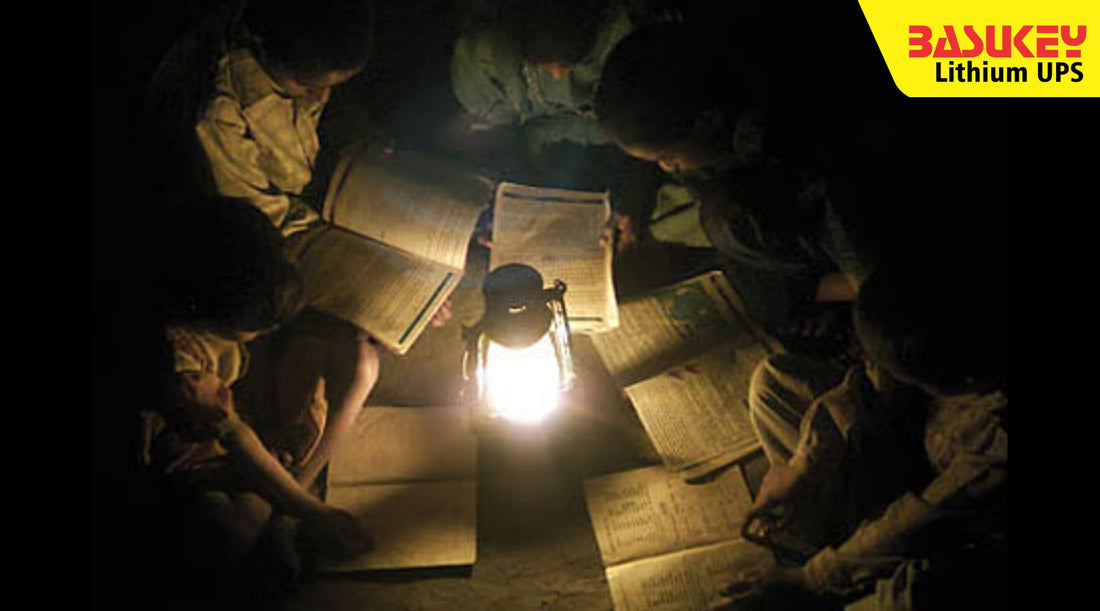
Energy Poverty: The Impact of Limited Access to Electricity
Share
Energy poverty is a global issue that affects millions of people around the world. But what exactly is energy poverty and how does it impact those who are affected by it?
What is Energy Poverty?
Energy poverty is defined as the lack of access to modern energy services, such as electricity and clean cooking facilities. According to the International Energy Agency, around 789 million people worldwide do not have access to electricity, with the majority living in sub-Saharan Africa and South Asia.
Health Impacts
The lack of access to electricity can have serious health implications. Without electricity, people are forced to rely on traditional sources of energy such as wood, coal, or kerosene for cooking and heating. The indoor air pollution caused by these sources has been linked to respiratory diseases, lung cancer, and other health issues. In fact, the World Health Organization estimates that around 4.3 million people die prematurely each year due to illnesses caused by indoor air pollution.
Economic Consequences
Energy poverty also has significant economic consequences. Without access to electricity, people are unable to power essential appliances such as refrigerators, fans, and lights. This can hinder economic development, as businesses are unable to operate efficiently and children struggle to study after dark. In sub-Saharan Africa, it is estimated that energy poverty costs the region around 2-4% of its GDP each year.
Social Challenges
Furthermore, energy poverty can exacerbate social inequalities. Women and children are often disproportionately affected, as they are typically responsible for collecting firewood and cooking meals. This can result in limited educational and economic opportunities for women and perpetuate the cycle of poverty.
Solutions
Addressing energy poverty requires a multi-faceted approach. This includes investing in renewable energy sources such as solar and wind power, improving energy efficiency, and expanding access to electricity in rural and underserved areas. Governments, non-profit organizations, and the private sector all have a role to play in combating energy poverty and improving the lives of those affected by it.
By understanding the devastating effects of energy poverty, we can work towards creating a more sustainable and equitable future for all.
